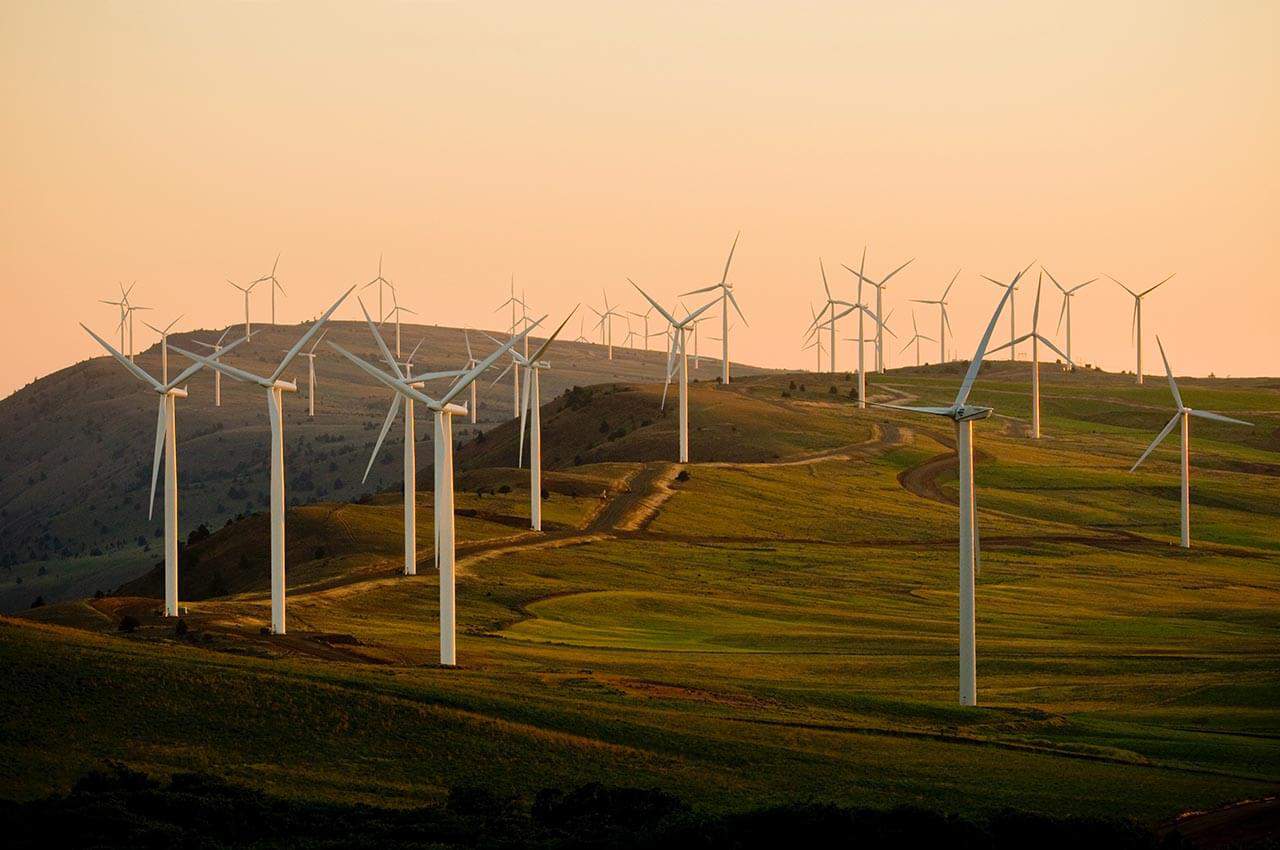Image Credit – American Public Power Association
The Global energy crisis marks a ‘historic turning point’ in the transition away from fossil fuels according to the IEA (International Energy Agency).
Putin’s unprovoked invasion of Ukraine which began in February last year has accelerated the transition to renewable energy, according to the IEA’s annual report on global energy.
The war caused a worldwide energy crisis, resulting in steep inflation and prompting a cost of living crisis. In response to the invasion, the EU pledged to disassociate itself from Russian energy sources and governments worldwide have had to rapidly find replacement energy sources. The pledge has resulted in the reduction of the EU’s reliance upon Moscow’s gas to 9% compared to the 40% before the war.
The global carbon emissions produced by energy will, the landmark report states, peak in 2025 because of increased government spending on clean energy fuels.
However, concern has been raised by some analysts as to whether worries over energy stability and security could lead to the use of fossil fuels for a longer period. Yet the IEA’s findings suggest the opposite.
The report has found that for the first time the current international policies could lead to the demand for fossil fuels either plateauing or peaking in the next decade, and this demand would be due to the “unprecedented responses from governments around the world,” Fatih Birol the executive director of the IEA said.
According to the report, the notable contributions were the EU’s emission reduction package, the US Inflation Reduction Act, and direct action from India, China, Japan and South Korea.
Under the UK government’s new plans for investment in solar, wind and nuclear power, all of which are low-carbon energy supplies, will rise to £1.7tn a year by 2030. However, the enormity of the current climate crisis is made clear by the fact that the annual clean investment which governments globally have pledged, would have to double this figure by 2030 in order to reach the pledge of net zero by 2050: certainly a stark reminder of the urgent need to act now.

04/11/2022





